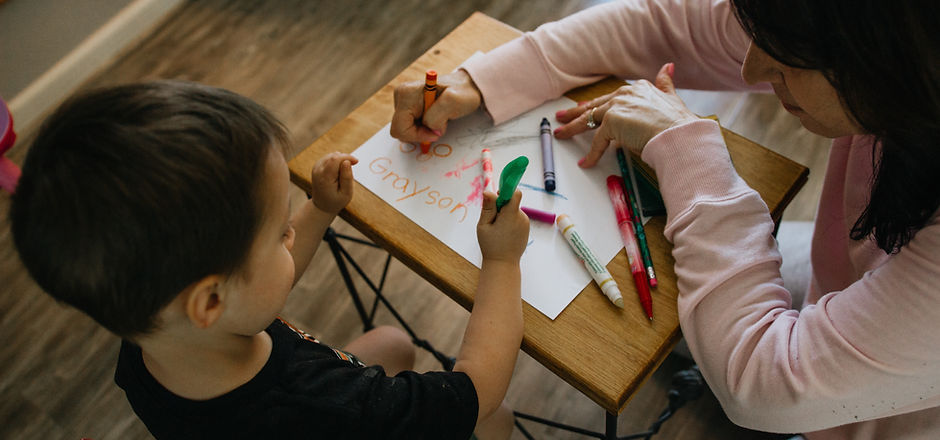(510) 374-2529

OUR PHILOSOPHY
At Little Bloom Academy, we do not follow one specific curriculum; instead, we focus on what matters most—our students. We believe that all children are capable, competent, and able to do things for themselves within reason. Our approach is rooted in respect for each child’s development and individuality.
We see every child as a unique learner with the ability to grow in their own way. Our preschool program offers inclusive environments that honor a wide range of abilities, interests, needs, and learning styles. We believe that children learn best through meaningful, open-ended play—play that is not limited by strict rules but instead guided by curiosity, creativity, and discovery.
Our philosophy at Little Bloom Academy combines the most valuable elements from a variety of early childhood education approaches. By drawing from multiple philosophies, we create a rich and balanced learning experience that allows children to benefit from the best of all worlds.
We recognize that parents are a child’s first and most important teachers. Children thrive when their families are actively involved in their learning journey, and we view the family and community as essential partners in building a strong connection between home and school.
The beliefs and practices reflected in our philosophy are aligned with the values of the National Association for the Education of Young Children (NAEYC). Our dedicated staff shares a common commitment to supporting each child’s development—physically, socially, emotionally, spiritually, mentally, and cognitively. At Little Bloom Academy, every child is seen, valued, and nurtured as a whole and unique individual.
Spanish Immersion
Spanish Immersion Preschool is an early education environment where Spanish is taught naturally through daily activities. Teachers are fluent and native speakers who use the language 100% throughout the day. This communication style is included during instruction, outdoor play, and meal times. Children are encouraged to listen, respond, and engage in Spanish as part of their everyday routine, making language learning both fun and meaningful.
We speak to our students in both English and Spanish throughout the day with the hopes to strengthen both languages.
Play Based
Play-based programs believe children learn best through hands-on, meaningful play experiences. This approach supports creativity, confidence, and a love for learning by allowing children to explore at their own pace. Kids are encouraged to choose activities based on their interests, making learning both fun and developmentally appropriate.
We allow students to discover new things and focus on the basics of learning, being intrigued.
Non bias Curriculum
We follow the guidelines provided by NAEYC (National Association for the Education of Young Children) and plan our curriculum while following the four core goals of anti bias. Those being; Identity, Diversity, Justice, and Activism. We teach children to embrace their differences and celebrate their similarities.
In our classroom we teach empathy and understanding by helping children understand their feelings. We understand our differences make us unique and they should be embraced!
Reggio Emilia
Under the Reggio Emilia approach, a project-based curriculum is followed based on students’ interests. Teachers build curriculum around these interests, creating activities like stories, art, and hands-on projects related to the topic. The curriculum is flexible and evolves as children’s curiosity shifts to new ideas.
Each month our classroom theme changes and students actively help teacher chose future themes.
Montessori
The Montessori approach views play as a child’s work and emphasizes learning at each child’s own pace. It focuses on fostering independence by allowing children to make choices and engage in hands-on activities. Montessori schools also teach practical skills that promote self-sufficiency and confidence.
We believe in the importance of self help skills and academics.
Waldorf
Waldorf schools create a warm, home-like environment that nurtures creativity and imagination through storytelling, arts, and make-believe play. Practical activities such as gardening, baking, and handwork are integrated to develop life skills and a connection to nature. The approach emphasizes cooperation, routine, and honoring each child’s natural developmental rhythm.
We provide a home like environment for our students that is both inviting and nurturing.
